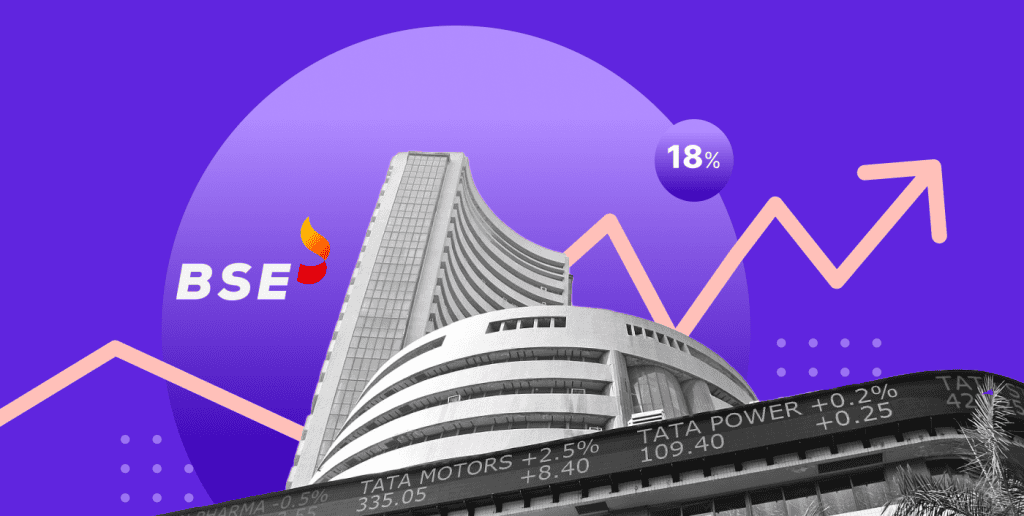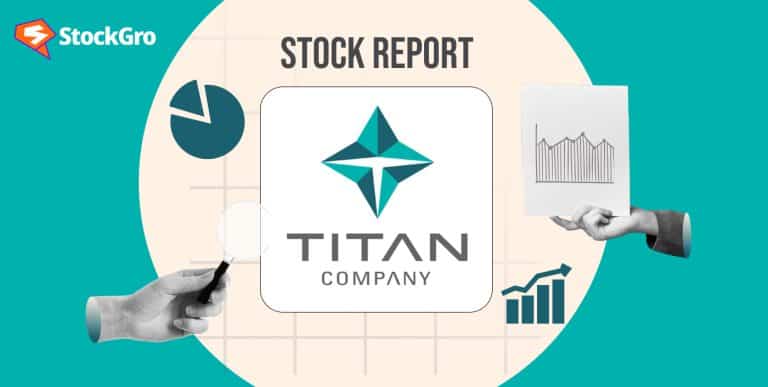
Waking up to see BSE’s share price shooting up nearly 18% in a single day – no, it’s not a typo or a meme stock frenzy. That’s exactly what happened when Asia’s oldest exchange, BSE Ltd, saw its stock hit about ₹5,519 on March 28, soaring 18% intraday.
This came on top of a 5% gain the previous day, lifting the BSE share price by ~23% over just two sessions. Let’s break down the story behind this explosive jump in BSE’s stock!
Why did BSE’s stock skyrocket overnight?
In a nutshell, regulators stepped in to level the playing field, and the market loved it. A proposed rule change by India’s markets regulator (SEBI) and a quick reaction by rival NSE created the share surge. Essentially, SEBI suggested all stock exchanges stick to just two possible days for closing out derivative trades (called “expiry days”). Coincidence or not, this move ended up shielding BSE from a potential competitive hit, and investors responded with a buying spree. Here’s the scoop:
SEBI’s new plan gave BSE an edge: On March 27, SEBI floated a proposal to restrict equity derivatives contract expiries to either Tuesday or Thursday. The idea is to space out trading deadlines optimally, reduce risk concentration, and encourage innovation.
It just so happens BSE’s weekly derivatives already expire on Tuesdays, whereas NSE (National Stock Exchange) was gearing up to shift its expiries to Mondays starting April 2025. SEBI essentially said “no” to Monday expiries, which keeps Tuesday (BSE’s turf) and Thursday (NSE’s turf) as the only options.
By blocking NSE’s Monday move, the regulator leveled the playing field and removed a big threat hanging over BSE’s business.
With SEBI’s intervention, NSE was forced to defer this change indefinitely. Late on March 27, after SEBI’s proposal came out, NSE issued a circular stating the Monday shift was “deferred until further notice”. In other words, NSE will likely stick to its traditional Thursday expiries for now. This U-turn was seen as NSE effectively yielding to the regulator’s guidance, and it immediately calmed the market’s nerves about a looming NSE-BSE showdown on expiries.
For BSE, that meant a potential crisis was averted – one of the reasons its stock price shot up so dramatically once NSE hit the brakes.
Also read: Pharma stocks drop on US tariff concerns
BSE share price performance at a glance
To put the recent move in perspective, here’s a quick rundown of BSE share price performance and what analysts are projecting:
| Timeframe/Metric | BSE Share Price / Change |
| March 27, 2025 (prior close) | ₹4,684 (≈5% ↑ on the day) |
| March 28, 2025 (intraday high) | ₹5,519 (≈18% ↑ intraday) |
| Two-day gain (Mar 27–28) | +23% |
| March 2025 (month-to-date) | +13% (after –13% in Feb 2025) |
| One-year return (Mar 2024–Mar 2025) | Over +90% |
| Jefferies rating (HOLD) | Target ₹5,250 (≈12% upside from ₹4,694) |
| Motilal Oswal view | Positive – Tuesday expiry timing aids BSE’s growth |
As shown above, the BSE share price was already on a steady uptrend, boasting over 90% gain in the last year. After a dip in February (down 13%), it rebounded 13% in March even before this event.
The SEBI ruling news poured fuel on that fire, accelerating the rally into year-end FY2024- 25. In just two days, BSE’s stock went from mid-₹4,000s to well above ₹5,000, an eye-popping jump for a large established exchange.
SEBI’s expiry rule: a game-changer for BSE
Let’s dig a bit deeper into what SEBI actually proposed and why it matters. In the world of futures and options (F&O) trading, the expiry day is when contracts expire and get settled. Exchanges traditionally arrange these days so that one exchange’s big contracts don’t all end at the same time as the other’s.
What SEBI proposed: All stock exchanges should have their equity derivative contracts expire only on Tuesdays or Thursdays – effectively two days a week for everyone. The regulator’s logic was to ensure ideal spacing of expiries (no back-to-back cluster that could stress the system), minimize risks from too many contracts ending simultaneously, and still allow exchanges some room for innovation.
Analysts immediately recognized this as a major positive for BSE. In fact, when NSE first announced plans for a Monday expiry earlier in the month, BSE’s share price plunged about 9% that day out of fear that BSE would lose business. Now that the plan is shelved, those fears have flipped into optimism, sending the BSE share price rocketing upward.
You may also read: Zomato and Jio Financial shares inclusion in Nifty 50
BSE bonus announcement
As if the regulatory news wasn’t enough, BSE had another surprise up its sleeve: a potential bonus share issue. On March 26, BSE informed the exchanges that its board of directors would meet on March 30, 2025, to consider a proposal for issuing bonus shares.
For investors, a bonus issue is like an extra reward – the company gives additional free shares to existing shareholders proportionally (instead of a cash dividend). This upcoming board decision further excited the market, since bonus shares often signal confidence by management and tend to improve stock liquidity (more shares in circulation), which can attract more investors.
Impact on sentiment: The mere announcement of the board meeting for a bonus was enough to add extra fuel to the rally. Many market participants likely bought BSE stock expecting that if a bonus is declared, even more investors will buy the stock (especially retail investors who often love bonus shares).
This anticipation, combined with the SEBI news, drove the stock higher. By March 28, at the time of this rally, traders were effectively pricing in both the regulatory relief and the potential bonus issue reward in BSE’s valuation.
You may also like: Longest winning streak in 4 years: Decoding Indian market rally
Conclusion:
The BSE share price is showing it can still perform under the right circumstances. A normally topic – derivatives expiry dates – ended up becoming the catalyst for a surge that added hundreds of crores to BSE’s market cap overnight.
What’s encouraging for investors is that this rally was driven by tangible factors: regulatory protection of BSE’s turf and an upcoming bonus issue possibility, not just hype. Of course, no rally is guaranteed to last forever – the stock will likely find its equilibrium as the news is digested. But as FY2024- 25 comes to an end, BSE has given its shareholders plenty to celebrate.

